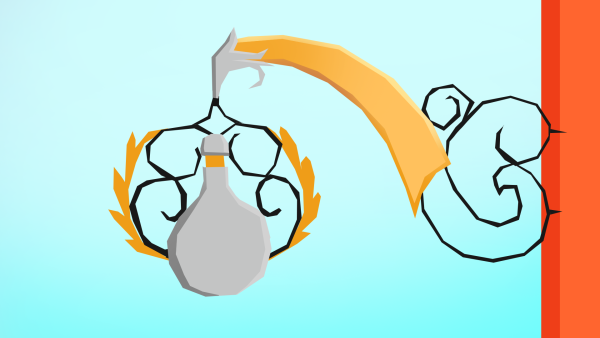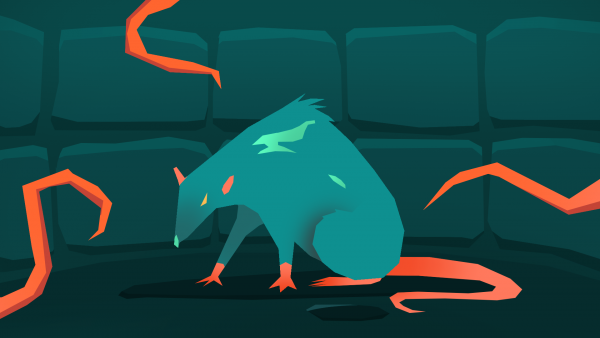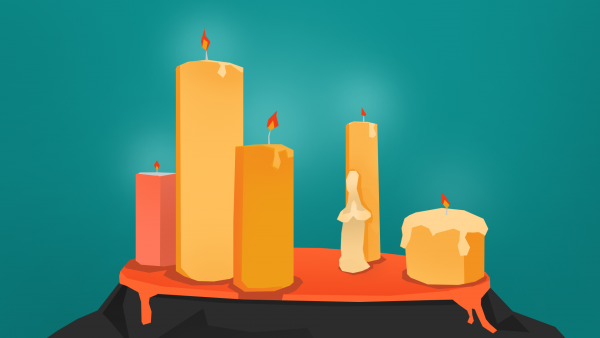Harry Potter is one of the best-known fantasy novel series. It is set in an alternate version of Earth, where magic exists. I would like to examine its worldbuilding to determine the quality of Harry Potter’s worldbuilding.
Following Rowling’s public tweets and other appearances, I felt it to be fitting to edit this article and include this disclaimer: JK Rowling is transphobic. I, or anyone else from the team, do not condone this behavior. We stand for trans rights.
JK Rowling’s world is often regarded in the worldbuilding community as a bad world. While there is no debate that the writing of the books is exceptional, I have to agree the worldbuilding is lacking. I will look at different parts of the world, try to analyze them, and point out the good and the bad.
Before I begin, I have to say that I personally love the Harry Potter series, and by pointing out the blunders in the worldbuilding, I don’t intend to say the series is bad. You shouldn’t forgive mistakes in works you like; I believe you should actually try and see them as they are, and explain why you like the work despite of them.
I like Harry Potter because I think the story is great, and the series’ events and characters guided me through childhood. Although the author turned out to be transphobic and generally not someone to look up to, her works can still be somewhat appreciated.
Now, let’s look at the worldbuilding.
Magic System
Magic is one of the main selling points of the series, so it’s going to be the first thing I investigate in this case study. In Harry Potter, you can be born with magical potential. At that point, you are almost destined to get an invitation by one of the magical schools, which are going to teach you how to control the magic inside you.
Once you get invited, you have to buy all your supplies. This is where we hit our first roadblock. First things first, the economy here doesn’t make any sense, but we will consider that later. For now, let’s look at the wand, the core of the Wizarding World’s magic system. As we know, the wand chooses the wizard.
Ollivander is a wand-maker, perhaps the best (and only one) in Britain. He sells around one wand to everyone – meaning around 40 wands a year, one for each Hogwarts student. Each wand costs 7 Galleons, about 5 pounds, or 6.5 dollars. Meaning that Ollivander makes around $260 a year. A meal in London restaurant costs $20. As we know, magic can’t be used to create food, so Ollivander is either stealing, or he can’t afford to eat.
Now, let’s look at spells. Spells are the bread and butter of every wizard and witch. Without them, you can’t really do magic. There are a total of 84 spells used in the seven books (it’s surprisingly difficult to get this data). Of them, the vast majority is learned from old books, passed by down other wizards, etc. Basically, there are only a few that were invented recently. Why is this? Why is there not a department in the Ministry inventing new spells?
We know that Avada Kedavra, the killing curse, cannot be countered by anything. Is anyone working on that? You would think that wizards would try to find a way to protect themselves from a thing that can instantly kill them. We Muggles have bulletproof vests to combat guns.
Most of the spells we hear are derived from Latin. We know about all of the subjects they teach at Hogwarts. None of them is Latin. Why isn’t anyone learning Latin? Shouldn’t it be one of the most important steps to understanding magic?
Well, not that that matters, because no one really understands magic, and no one really cares – there is no research being done about magic.
Schools and Jobs
We know there are three schools of magic in Europe – Hogwarts in Britain, Durmstrang up north, and Beauxbatons in France. This means that every magical person born in Europe has to attend one of these three schools. In turn, this would mean that every third wizard born in Europe would have to go to Hogwarts. Now let’s do some math (a thing in which the worldbuilding of Harry Potter fails spectacularly).
Around 300 000 wizards live in the whole world, meaning that around 0.004% of people are wizards. According to this, there would be 30 000 wizards in Europe, of these, 3000 would be in Britain. According to 1996’s demographics (around the time of Harry Potter), around 6% of the population was between 10 and 19.
If my math is correct, this would make around 77 foreign students end up in Hogwarts’ first year every year, while only about 25 British ones. In the books, we see pretty much no foreign students.
What about the schools themselves, what if we look past the bad math? Well, they teach all the important things! The first years get to learn about Charms, Transfiguration, Defence Against the Dark Arts, Potions, History of Magic, Herbology, Astronomy, and Flying. Wait, that’s it? Where are the languages? Math? English? Biology? Physics? The education system produces young witches and wizards who are absolutely ignorant about everything in the world except for magic. After they get out of school, they go and do…
One of the jobs the wizarding world offers. There doesn’t really seem to be much to do. You could go and work for the ministry, work in Hogwarts, for the bank, and that’s pretty much it. There aren’t any job prospects if you don’t want to do these jobs!
Conclusion
While I could certainly go into more detail, such as the fact that the only way of punishing criminals seems to be Azkaban, practically a death sentence, or perhaps the problem of other countries (isn’t Voldemort a global threat? Why isn’t Britain getting help from the whole world?), but I think you realize that Rowling’s worldbuilding is far from ideal, far from thought out.
What are your thoughts on the Harry Potter series’ worldbuilding? Do you disagree with me on anything? Feel free to let me know in the comments!


